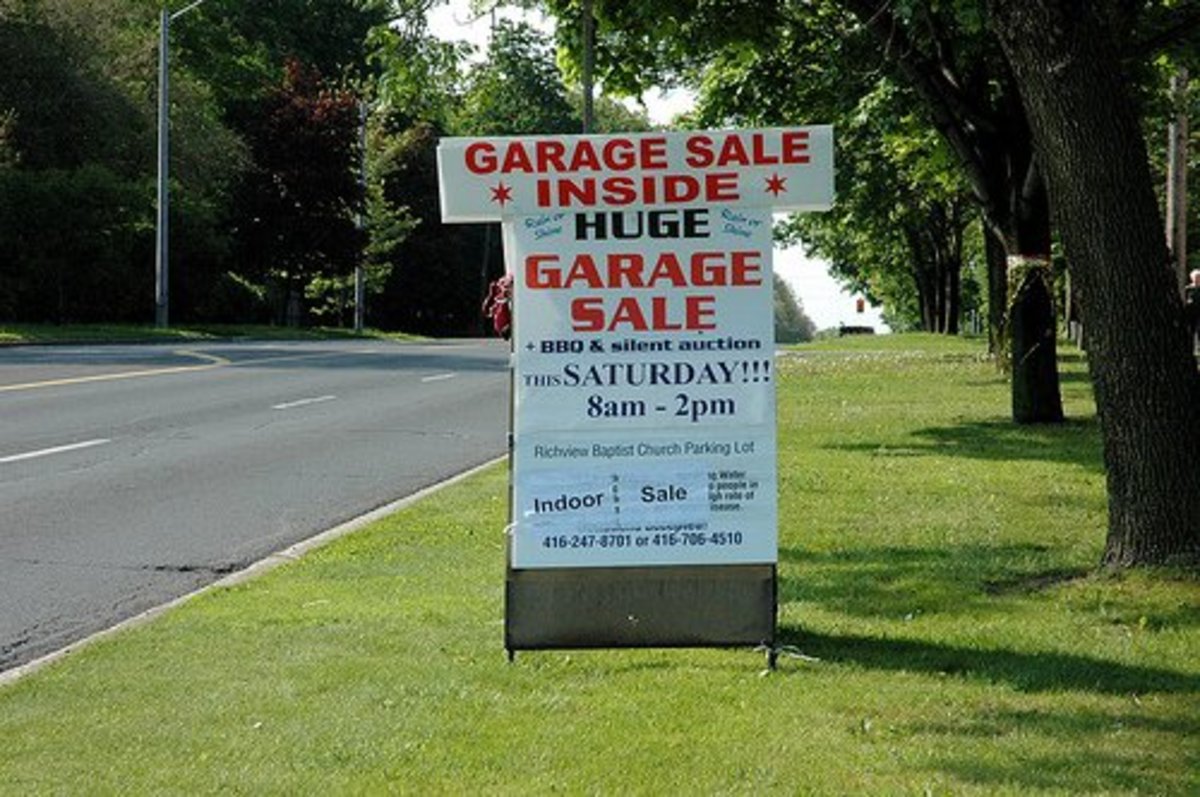Short Sales and Foreclosures, How to Short Sale Your Own Home.

How to stage your home for sale
- How to stage your home for sale without professional...
Things you can do to prepare your home for sale
Staging your short sale
The very first and most crucial step when preparing a property for sale is to ensure it is thoroughly clean. A clean home immediately creates a positive impression and signals to potential buyers that the property has been well cared for. Start by deep cleaning every room, including floors, windows, walls, and fixtures. Don’t forget less obvious areas such as baseboards, ceiling fans, and inside cabinets or closets. A spotless home feels fresh and inviting, which helps buyers imagine themselves living there.
Next, focus on making any necessary repairs—but be mindful of your budget. Prioritize repairs that will have the biggest impact and avoid sinking too much money into costly renovations that won’t add proportionate value. Simple fixes like patching holes in walls, fixing leaky faucets, or replacing broken door handles can go a long way. For materials, consider visiting local organizations such as Habitat for Humanity ReStores. These outlets offer affordable, gently used building supplies and home improvement items that can help keep costs down without sacrificing quality.
If you have the advantage of living elsewhere during the selling process, consider giving the property a fresh coat of paint in neutral tones. Neutral colors appeal to a wide range of buyers and provide a blank canvas for them to envision their own style and décor. Avoid bold or personalized colors that might deter potential buyers or make rooms feel smaller or darker.
Staging your home effectively is about creating a space that feels open, clean, and welcoming. Decluttering is essential—remove personal items, excess furniture, and anything that might distract buyers from the home’s features. Even if the property needs some repairs, a clean and orderly home will always show better than one that is dirty and cluttered. Buyers can more easily imagine what the home could become when the space is tidy and free of distractions.
High-quality photographs are one of the most important tools in your selling arsenal. Buyers often begin their search online, and attractive photos can significantly increase interest in your property. If you’re not confident in your photography skills, be sure your Realtor uses a professional photographer or someone with experience. Well-lit, clear images that highlight the best features of the home save time for both buyers and sellers by setting accurate expectations before viewings.
In summary, cleanliness, minor repairs, neutral paint, decluttering, and excellent photos are the foundation of preparing a home for sale. These steps don’t require huge investments but can dramatically improve your chances of selling quickly and at a good price.
How to short-sale your own property
I held an active real estate license for eight years, and during the last two years before my license went into escrow, I primarily worked with foreclosures and short sales.
If you’re trying to move out of a property that has lost value or you’re upside down on your mortgage like I was, a short sale may be worth considering. When I went through my own short sale, I wasn’t actively practicing real estate, so I had to hire a Realtor. However, short-selling your own property is not complicated, and you don’t need to be a Realtor to do it yourself.
If you’re currently living in a home you need to short sale but want to secure another place to live before your credit takes a hit (short sales do affect credit, but less severely than foreclosures), it’s important to plan carefully. Your credit report will likely show the debt as “paid per terms” or similar wording, rather than a foreclosure. I recommend speaking with a loan officer—not your current mortgage holder—about what kind of new loan you might qualify for, taking into account your existing debt, down payment, taxes, insurance, and interest rates.
Make sure you can realistically afford a new home. Don’t burden yourself with more debt that could lead to repeating the same situation later. Downsizing is often the wisest choice. Many Americans live beyond their means, which contributes to financial hardship. The key is securing a new loan before your credit is affected by the short sale. One good option to explore is a 203(k) loan—a rehab loan that can help you purchase and renovate a home, often at a great deal if you do your research. Personally, I prefer a 30-year fixed-rate mortgage, though a 15-year fixed can also be beneficial.
Now, about the short sale process…
Once your property is clean and ready, contact a local Realtor and let them know you want to short-sale the property. Your Realtor should list it “as is” so buyers understand repairs won’t be made at your expense, and the listing must clearly state “subject to short-sale approval.” If your town requires a Point of Sale (POS) inspection, arrange to have that completed. List the property at the current market value—even if it’s well below what you owe—because without a realistic price, you won’t get offers.
Get your property listed!
When the housing market first declined, short sales required highly experienced Realtors, but that’s less true today. You can handle negotiations with the bank yourself if you wish.
Now it’s a waiting game—you need to receive an offer. You can help by promoting your sale through local channels like Craigslist or posting flyers in public places if both you and your Realtor are comfortable with it. Remember to work collaboratively with your Realtor—they are there to assist and represent you.
Be patient. Timing and persistence are critical in short sales.
When you receive an offer, your Realtor will present it to you for approval. You must approve the offer before it goes to the bank, even though the bank’s approval isn’t guaranteed. Unless the offer is unreasonable, it’s best to approve it.
Next, contact your bank’s loss mitigation department and get a direct contact person, preferably a manager. This person will be your main point of communication over the coming months. Loss mitigation departments are often overwhelmed, so stay on top of them with regular, polite follow-ups. Also, share your contact’s info with your Realtor, who will submit the approved offer and communicate with the bank.
The bank will send you a short-sale package that includes a broker price opinion (BPO) to confirm your offer aligns with market value. You’ll also be asked for a hardship letter explaining why you can’t afford the mortgage, along with various financial documents. Many find it helpful to look up examples of hardship letters to write a convincing one.
In my case, the bank required me to be three months behind on payments before considering a short sale, so I stopped paying my mortgage and condo fees (which I set aside separately in case I needed to bring money to closing—I ended up paying $500). I was fortunate that my first offer was accepted, and both liens were released. Banks sometimes try to recover part of their losses before approving a short sale, but don’t be afraid to negotiate. I successfully negotiated reduced payback amounts on my mortgages with no interest and low monthly payments.
Sometimes, you simply can’t secure an offer on a short sale. As a last resort, you can ask the bank about a deed in lieu of foreclosure, where you voluntarily give the property back to the lender. This is less damaging to your credit than foreclosure, but requires bank approval.
If you can’t get a new loan before completing a short sale or deed in lieu, renting for several years might be your best option—which is okay, but not ideal.
Remember, short selling isn’t as daunting as it seems. It’s achievable, and the benefits often outweigh the drawbacks.
Paying off a mortgage faster and finding more money
- Pay off your mortgage early and faster
Here are some easy ways to painlessly pay off your mortgage, faster than a 30 year term, avoid a lot of interest, and put the savings into other areas of your life. - Unclaimed funds! Insurance policies, trusts, inherit...
How much money is floating out in the world just waiting to be collected on? You'd be surprised to know, and I'm going to help you find it!
Did you find this article useful and easy to understand?
This content is accurate and true to the best of the author’s knowledge and is not meant to substitute for formal and individualized advice from a qualified professional.
© 2012 Rebecca








